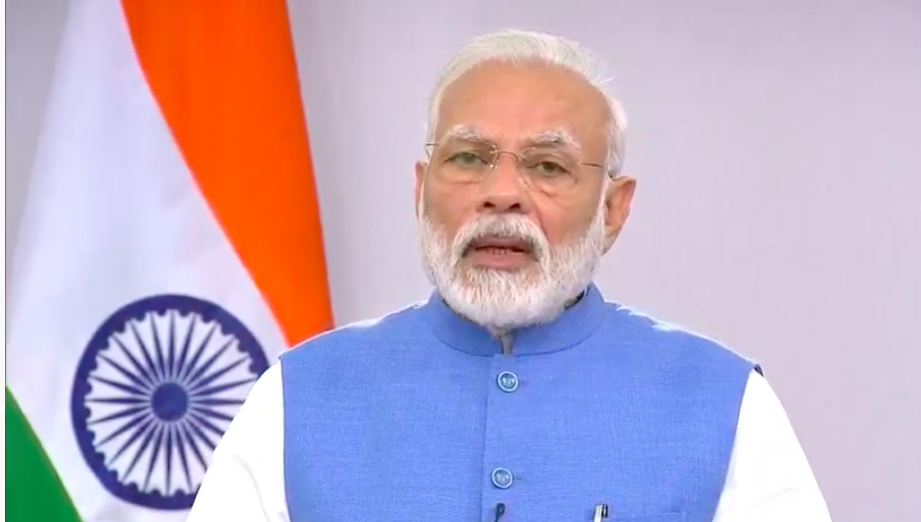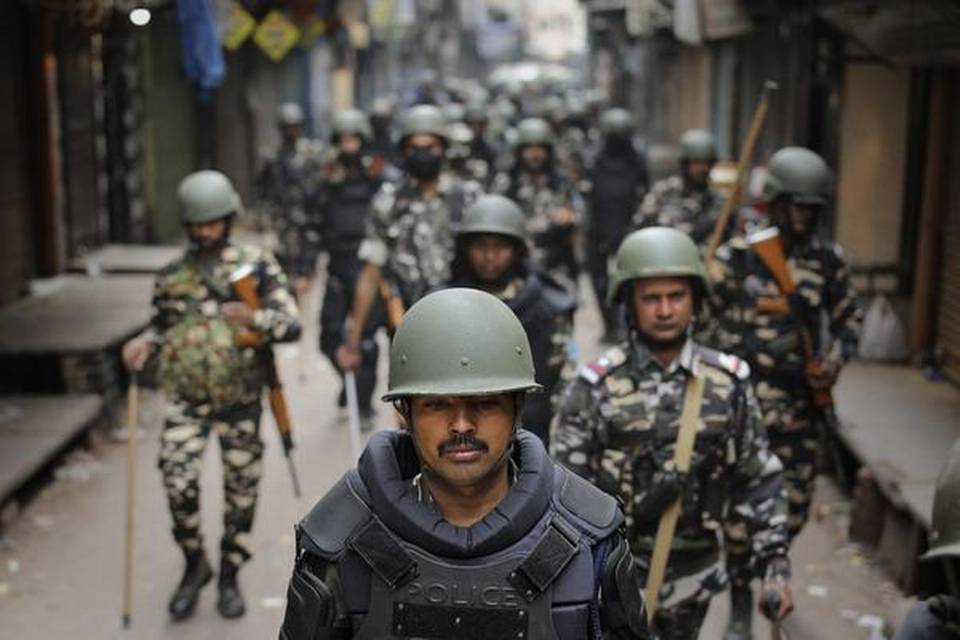While there is talk of educational training and skill development starting at the school level, there is very little homework done to standardise the same. It will take a long time before this is put into practice.
An educated person is one who contributes to the well-being of others and is not driven by self-interest. Any education policy, therefore, must nurture human values that make an individual a contributor to the welfare of society. In this context, let us analyse the mindset behind the new National Education Policy (NEP) recently announced by the government.
First, the school syllabus for the current academic year has been reduced by 30 per cent because of COVID-19. The chapters deleted from the curriculum for Class 9 to 12 include federalism, citizenship, nationalism, secularism and democratic rights. These chapters perhaps were the most important part of the syllabus, which instead of being deleted needed to be emphasised. The NEP talks about innovative thinking for children to learn what they wish. The reality is that this policy is set by mindsets who are opposed to the autonomy of the mind. We have seen recently how voices of dissent are sought to be silenced by this government by unleashing terror on our young students. This mindset is reflected in the way the BJP, in collaboration with the government and with the help of ABVP, has sought to interfere in the university system and victimised those opposed to the diktats of a majoritarian culture. For any education policy to be successful, freedom of the mind for students to express themselves and discover their genius is paramount. The government must not interfere and impose its party’s ideology that seeks to control rather than celebrate autonomy. Incidents in JNU, Jamia Milia, University of Hyderabad or for that matter, how the heads of higher educational institutions are appointed, are all manifestations of an authoritarian dispensation.
The second important attribute of any education policy is that it must not, in the initial years, be exam-centric. In modern education systems across borders, the teacher is a collaborator in the child’s journey of discovery. The syllabus is not important. Textbooks limit the contours of knowledge. Policies must break down the limits of knowledge and allow children to expand the boundaries of their mind. Textbooks should represent the beginning of the discovery of the self and the universe. The NEP has no roadmap for such discovery.
Third, we need quality teachers who understand their role in building character and careers. Teachers in this country, in terms of both numbers and quality, are not fully equipped to discharge their responsibilities. The reason is there are not enough teacher-training institutions. The roadmap for education has to be firmly entrenched in those institutions, for the teachers alone can deliver on the objectives of an enlightened education policy. In India, teachers are lowly paid and teaching is not a profession of priority. Education being in the Concurrent List makes it difficult to implement policies set out at the national level unless state governments give priority to this profession. In the absence of quality teacher-training institutions and making education a national priority, none of the roles envisaged in NEP can be realised.
Fourth, in the context of the pandemic, digital connectivity has become an educational imperative. The government should have realised this and put in place the necessary infrastructure at least for institutional connectivity. In fact, the very definition of education must include digital literacy if our children are to be provided with access to sources of knowledge.
It may be instructive to note that in the early years of UPA-II, the government was considering the Akash tablet for our students. What was envisaged was a national digital framework pursuant to the laying of optical fibre cables to provide connectivity to 2.5 lakh gram panchayats under the National Optical Fibre Network (NOFN). The government realised the need for our children to be provided with the necessary connectivity to be able to access knowledge. While we started to implement this roadmap, there was strong opposition to it both from my party and the then Opposition. It was unfortunate that when people cannot look beyond their nose, they wish to oppose for the sake of opposition without realising the benefits of such an initiative. Today, NOFN has been renamed BharatNet and the progress of connectivity is woefully slow. Of the 2.5 lakh gram panchayats envisaged to be connected under NOFN, only 1.41 lakh have been connected so far.
While there is talk of educational training and skill development starting at the school level, there is very little homework done to standardise the same. It will take a long time before this is put into practice. We could have easily provided alternative solutions by setting up vocational and training centres in collaboration with industry.
In the area of higher education, again the vision is far removed from what we have witnessed since 2014. The NEP may talk about emphasis on research and setting up a research fund but considering what we have seen so far, the funding will only go to institutions which toe the government’s line.
The NEP envisages that public investment in education would be raised to 6 per cent of the GDP. However, under this government, expenditure on education as a percentage of the Union budget has declined from 4.14 per cent in 2014-15 to 3.2 per cent in 2020-21. Expenditure on education by the Centre and states as a proportion of GDP is 3.1 per cent in 2019-20 which remained stagnant at 2.8 per cent since 2014-15.
Policies matter. But those who implement policies matter more. With the present mindset, the NEP may be providing hope but only on paper.










